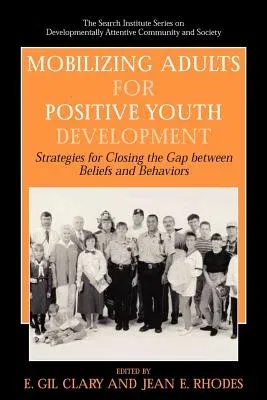Mobilizing Adults for Positive Youth Development: Strategies for Closing the Gap Between Beliefs and BehaviorsPaperback, 27 October 2010

Qty
1
Turbo
Ships in 2 - 3 days
In Stock
Free Delivery
Cash on Delivery
15 Days
Free Returns
Secure Checkout
Part of Series
The Search Institute Developmentally Attentive Community and Society
Part of Series
Search Institute Series on Developmentally Attentive Communi
Print Length
276 pages
Language
English
Publisher
Springer
Date Published
27 Oct 2010
ISBN-10
1441939741
ISBN-13
9781441939746
Description
Product Details
Book Format:
Paperback
Country of Origin:
NL
Date Published:
27 October 2010
Dimensions:
23.39 x
15.6 x
1.52 cm
ISBN-10:
1441939741
ISBN-13:
9781441939746
Language:
English
Location:
New York, NY
Pages:
276
Publisher:
Series:
Weight:
408.23 gm

